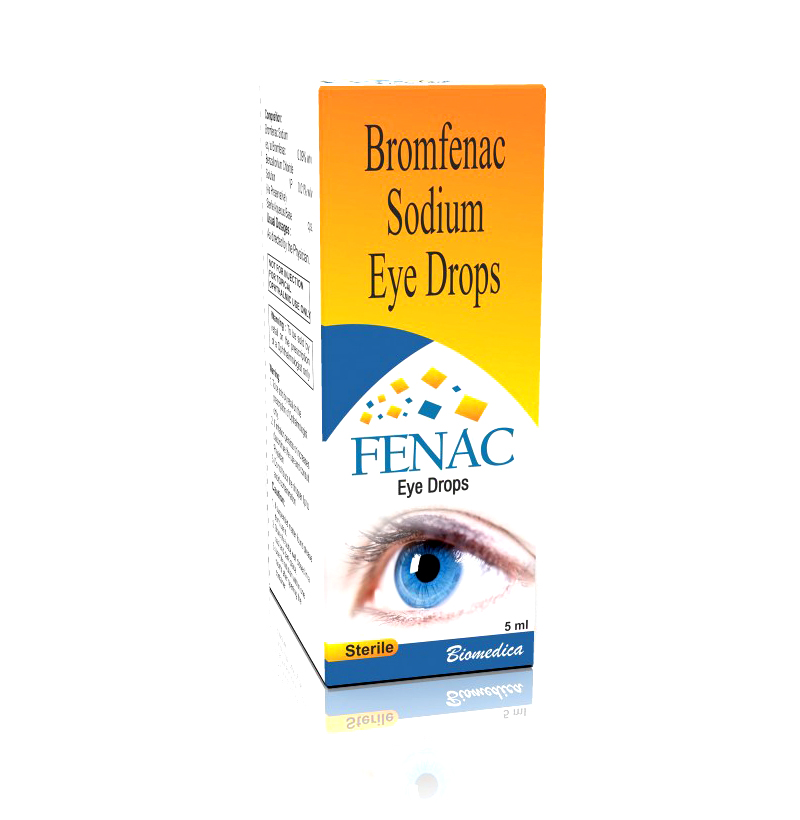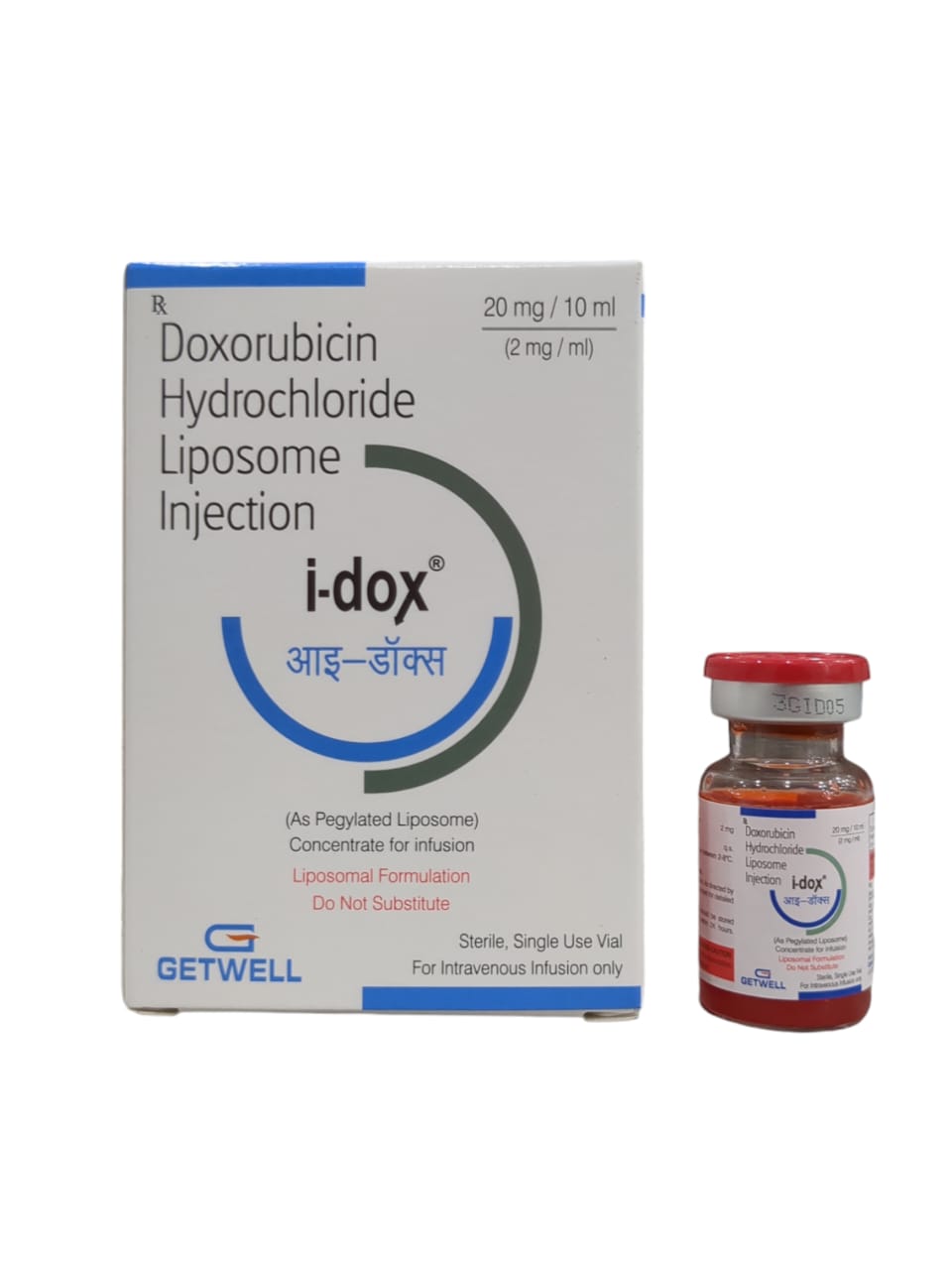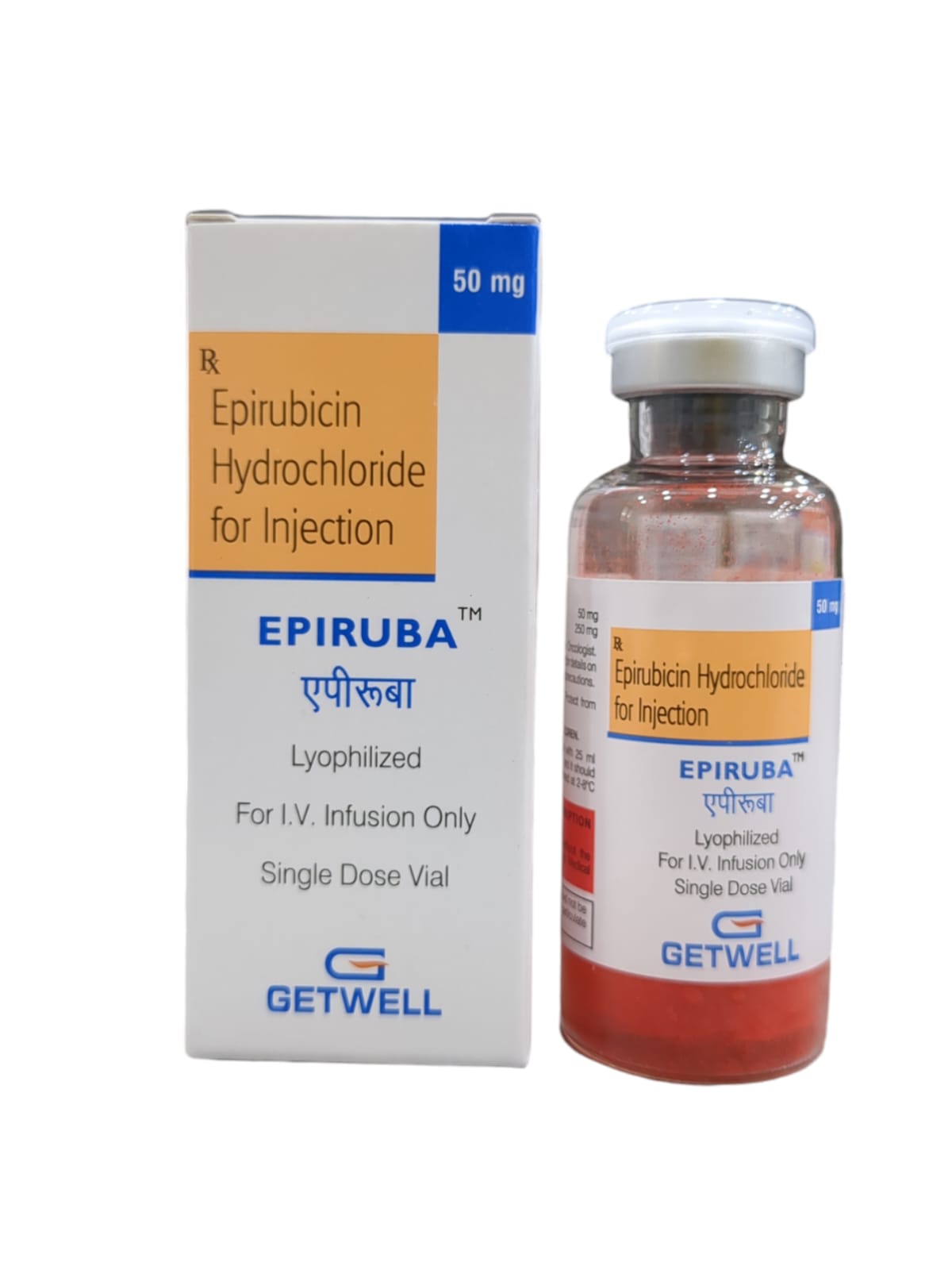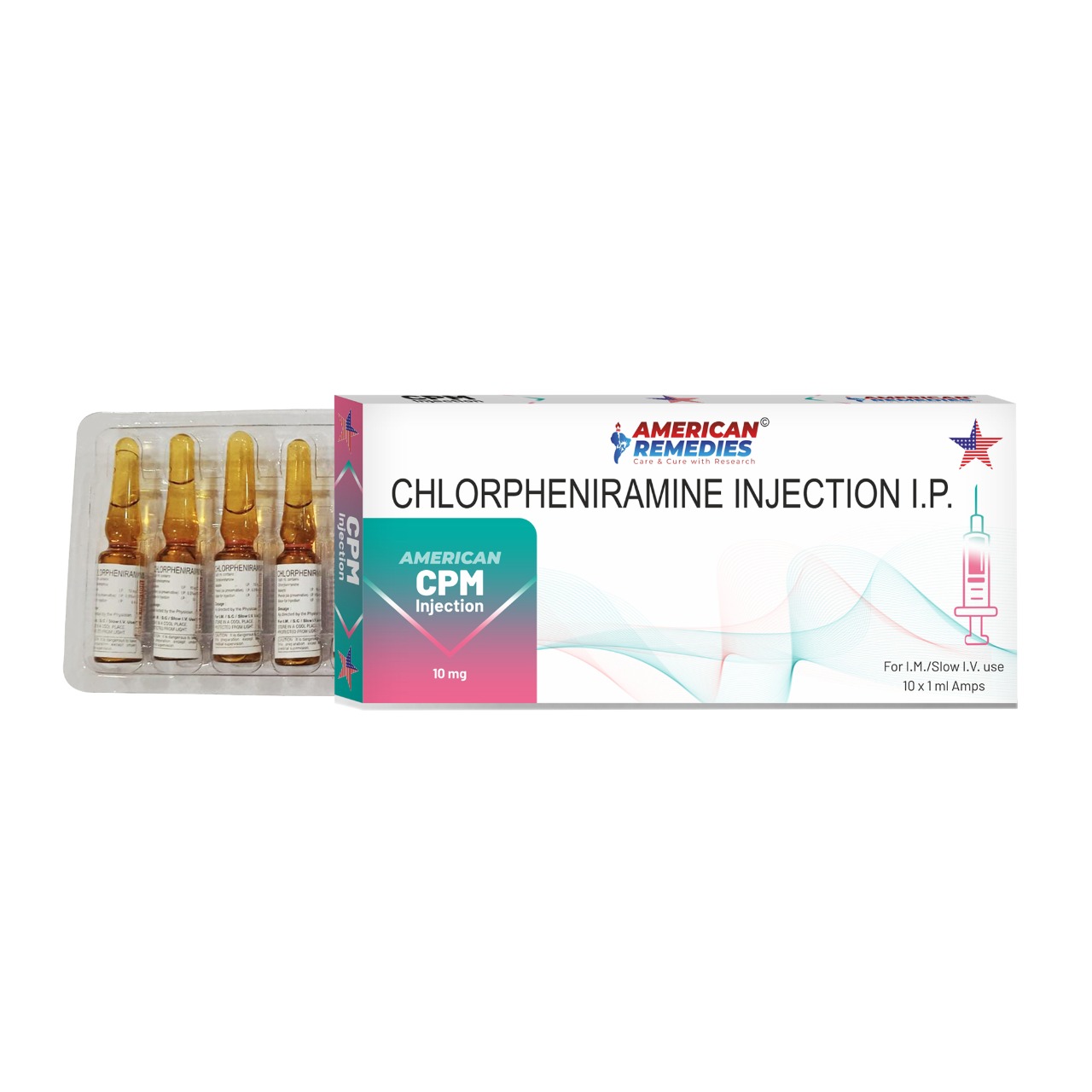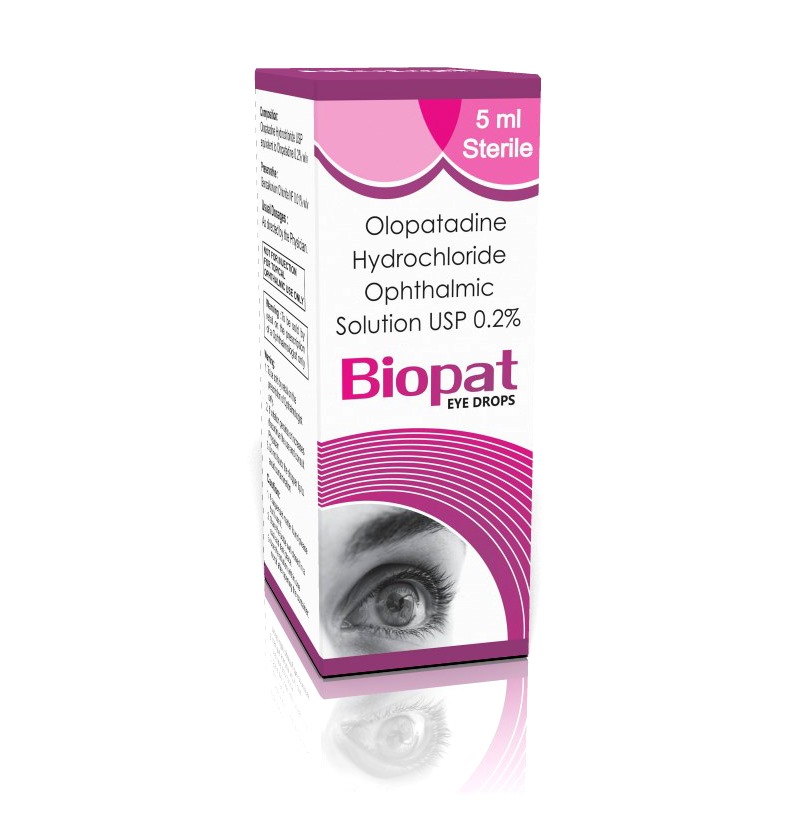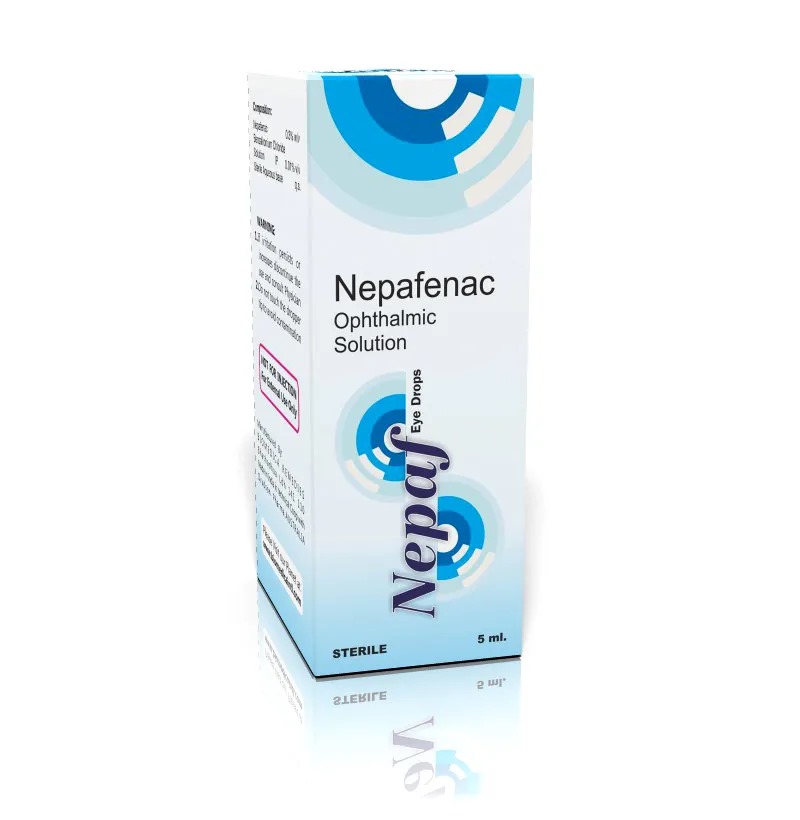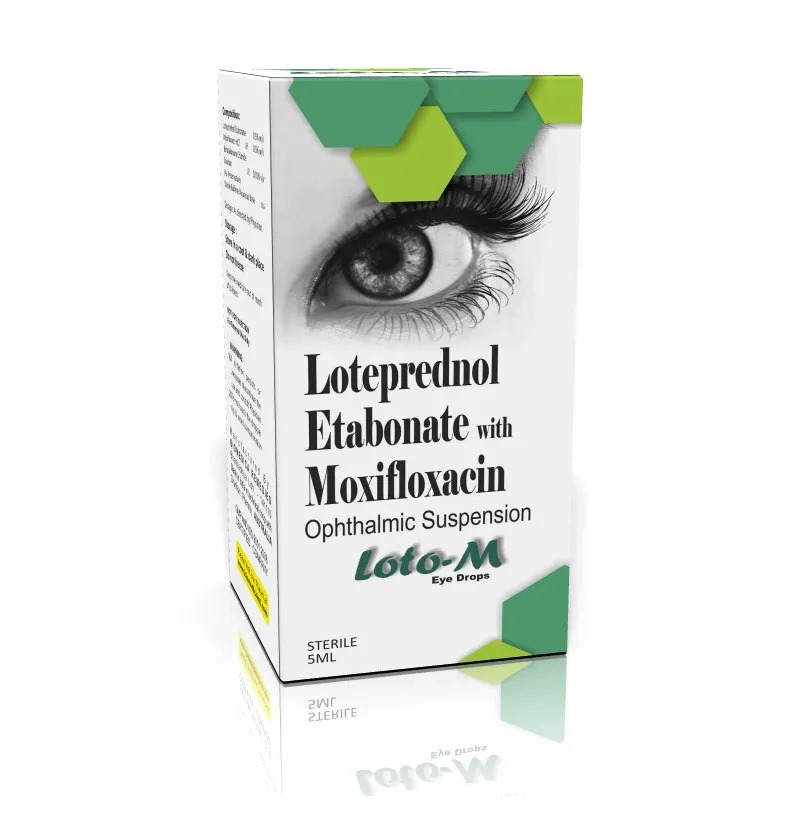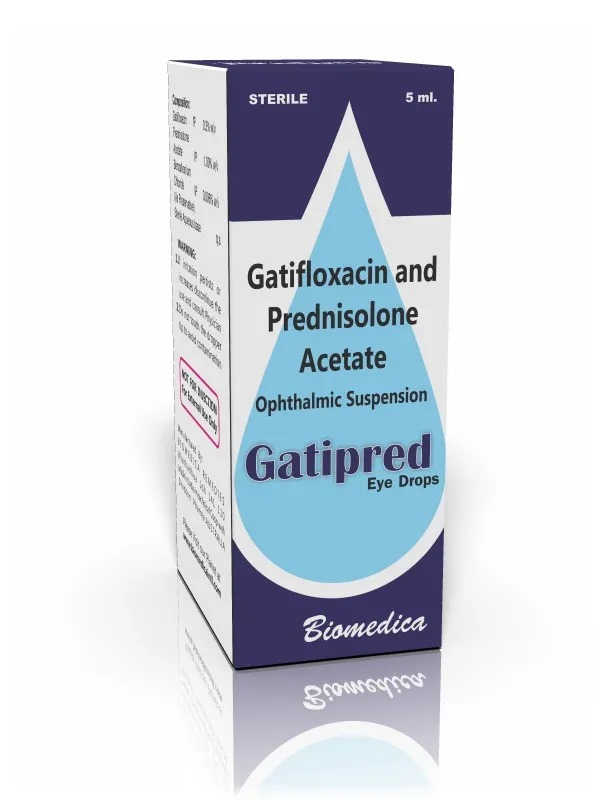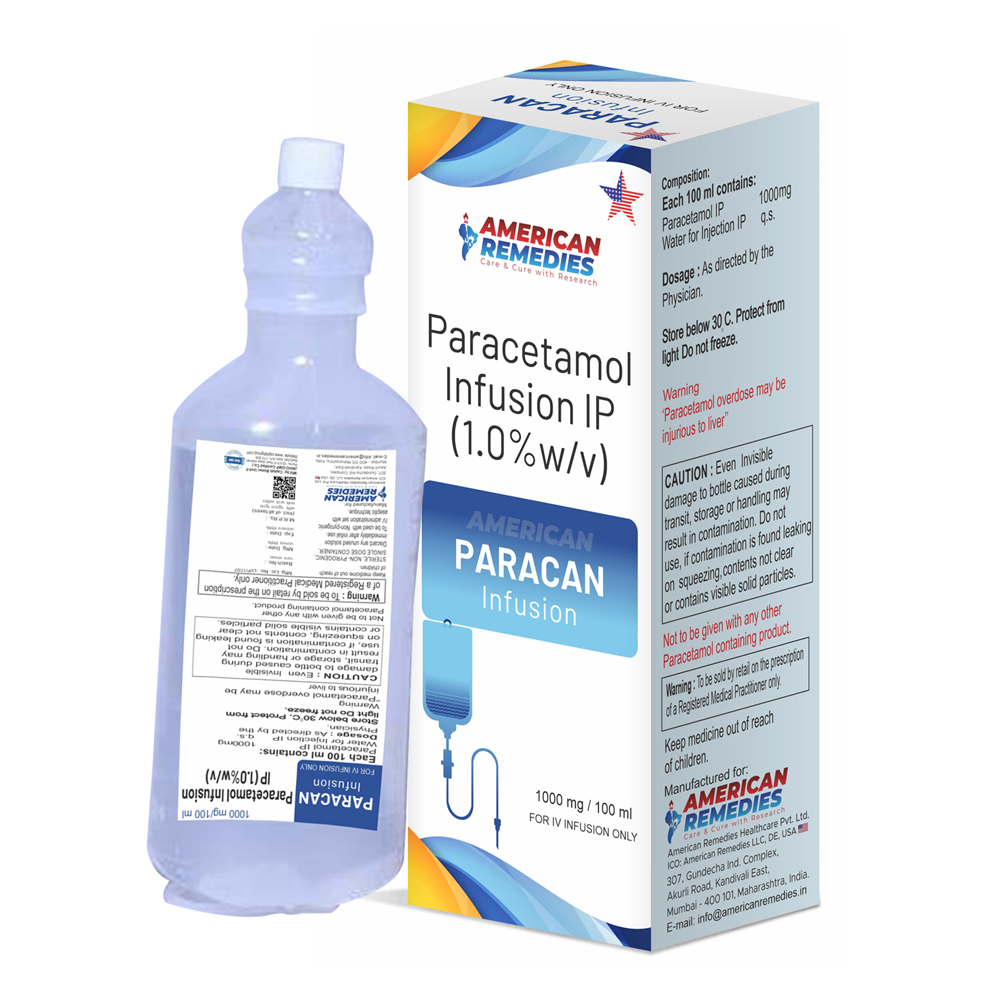Anti Cancer Medicine
INTRODUCTION ABOUT I DOX 20MG INJECTION
I DOX 20MG INJECTION contains Doxorubicin which belongs to the group of medicines called Anti-cancer agents. It is used to manage certain types of cancers. It is used either alone or along with other anti-cancer medicines.
Cancer is a disease in which some of the cells of the body grow uncontrollably and spread to other parts of the body.
Before receiving I DOX 20MG INJECTION, inform your doctor if you have or ever had heart disease, either before or during radiotherapy, had or having live or live-attenuated vaccinations, are currently taking or have recently taken Trastuzumab (used in the management of certain cancers).
There are no adequate and well-controlled studies in pregnant women. Consult your doctor during breast-feeding before starting management with this medicine as it may pass through the breast milk and possibly harm your child. Consult your doctor for advice before receiving the medicine.
The most common side effects of I DOX 20MG INJECTION are infection, lack of appetite, inflammation in the mouth, diarrhea, nausea, vomiting, reddening, swelling, pain, numbness and tingling in the palms and feet may also occur whilst being managed with this medicine.
Hair loss is very common and may be quite severe, beard growth may stop in men, fever, feeling weak, chills, abnormal ECG (electrical trace of the heart) results, raised levels of liver enzymes (as detected by a blood test) can determine if the medicine is having an abnormal effect on your liver, weight increased in patients with early breast cancer.
USES OF I DOX 20MG INJECTION
Used to manage certain types of cancer
HOW I DOX 20MG INJECTION WORKS
I DOX 20MG INJECTION works by suppressing the activity of an enzyme (topoisomerase II) involved in the DNA multiplication of the cancer cells. On the other hand, this also forms harmful chemicals (free radicals) which cause damage to the DNA. This slowdown the growth of cancer cells and eventually works against them.
DIRECTIONS FOR USE
I DOX 20MG INJECTION will be administered intravenously (IV) into the vein by your doctor or nurse. Your doctor will administer the correct dose and duration for you depending upon your age, body weight and disease condition.
SIDE EFFECTS OF I DOX 20MG INJECTION
COMMON
infection
lack of appetite
inflammation in the mouth
diarrhea
nausea, vomiting
hair loss
beard growth may stop (in men)
redness, swelling and blistering on the palms of the hands and soles of the feet (palmar-plantar erythrodysesthesia syndrome)
chills
weakness
abnormal ECG
raised levels of liver enzymes
weight increased in patients with early breast cancer
blood poisoning
heart problems
conjunctivitis (red watery eyes)
lacrimation, excess tear production
shortness of breath and swelling of the ankles
increased heart rate
inflammation of the throat and gullet
stomach pain
skin rashes, redness, hives
nails and skin may appear darker than usual
injection site reactions such as redness and swelling
neutropenia
thrombocytopenia
malaise/asthenia
infertility (in women)
absence or decrease in sperm count (in men)
UNCOMMON
embolism (blockage in the bloodstream)
RARE
Stop receiving I DOX 20MG INJECTION and contact your doctor immediately if you experience any of the following side effects:
dizzy, feverish, short of breath with a tight chest or throat or having an itchy rash
anemia (low red blood cell count)
decrease in white blood cell counts which in turn causes an increase in infections and a raised temperature (fever)
platelets can be affected which could make a bruise or bleed more easily
decreased activity in bone marrow
reddening of urine
dehydration
inflammation of veins
irritation or bleeding in the intestines
inflammation of the lining of the stomach
heartburn
soreness or ulcers in the mouth
Send Message
